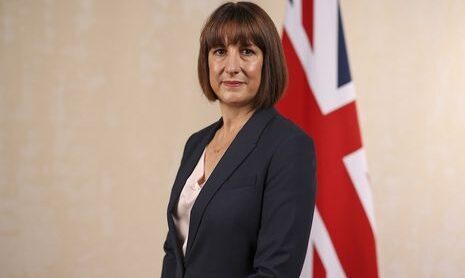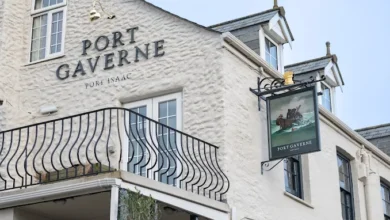Budget: Increases to employers’ NI and minimum wage
It comes as Reeves promised not to increase National Insurance, VAT and income tax for ‘working people’

The Chancellor Rachel Reeves has increased Employers’ National Insurance contributions in a bid to help raise as much as £40bn in taxes, pledging to also boost long-term growth and “mark an end to short term-ism” as part of Labour’s first budget since it came into power.
Employers’ National Insurance contributions will rise by 1.2%, from 13.8% to 15%. In addition, the threshold at which businesses start paying National Insurance on a worker’s earnings will be lowered from £9,100 to £5,000, a measure that will raise £25bn a year.
In order to help small businesses, the chancellor said that the employment allowance will increase from £5,000 to £10,500, which the chancellor says will mean 865,000 employers won’t pay any National Insurance at all next year.
It comes as Reeves promised not to increase National Insurance, VAT and income tax for “working people”.
The chancellor has also stated that the freeze on income tax and NI thresholds will not be extended. There had been reports that the chancellor had considered extending the freeze beyond 2028 in order to raise more tax revenue. From 2028-2029, personal tax thresholds will be updated in line with inflation, however.
As part of today’s budget, Reeves also confirmed that the National Living Wage will rise by 6.7% to £12.21 an hour from April, up from the current pay of £11.44.
Earlier this year, the Low Pay Commission recommended that the National Living Wage should increase by 5.8% to £12.10, but the chancellor has gone slightly further.
For 18 to 20-year-olds, the National Minimum Wage will rise 16.8% from £8.60 to £10, while pay for apprentices will rise from £6.40 to £7.55 an hour.
The chancellor also promised that the current 75% discount to business rates for the retail, hospitality and leisure industries in 2025-26, due to expire in April 2025, will be replaced by a discount of 40%, up to a maximum discount of £110,000.
Alongside this, Reeves announced that the duty on draught alcohol will be cut by 1.7%, taking a penny off pints in pubs. Alcohol duty rates on non-draught products will increase in line with RPI from February next year.
Lower rate Capital Gains Tax (CGT) will be increased from 10% to 18% while the higher rate will be increased from 20% to 24%. Despite this, the UK will still have the lowest capital gains tax of any country in the G7.
The CPA on residential property will remain at 18% and 24% but rates on carried interest will increase to 32% from April 2025, and from April 2026, Reeves will deliver further reforms.
Previously CGT was 24% on gains from selling additional property, or 20% on profits from other assets like shares.
Furthermore, Reeves announced that corporation tax will be capped at 25% for the entire duration of parliament
Reeves also confirmed that the fuel duty freeze is set to continue into next year, and the 5p duty cut will not be reversed.
The government will also launch the ‘Get Britain Working’ white paper to help those who are unemployed get back to work.









